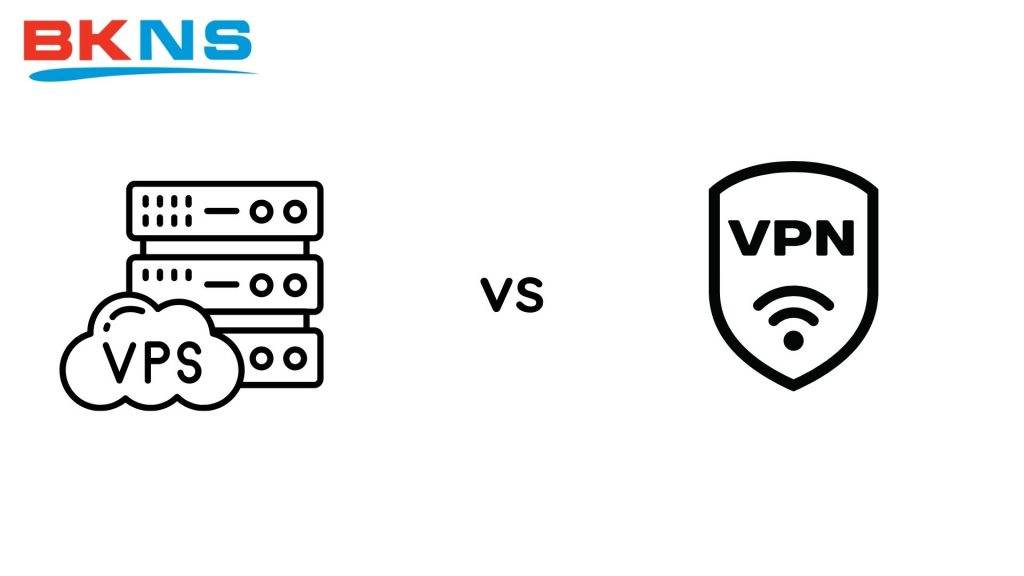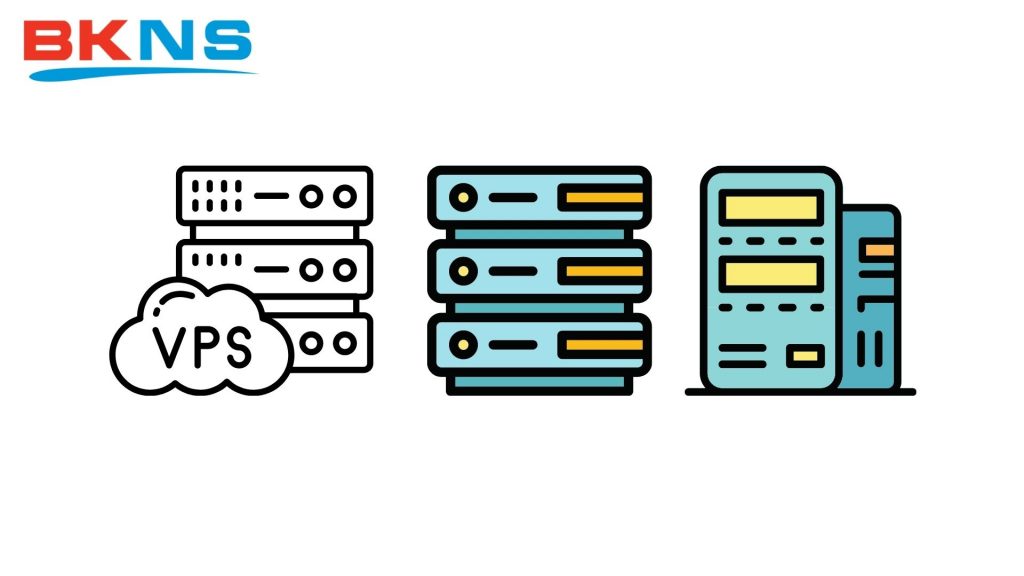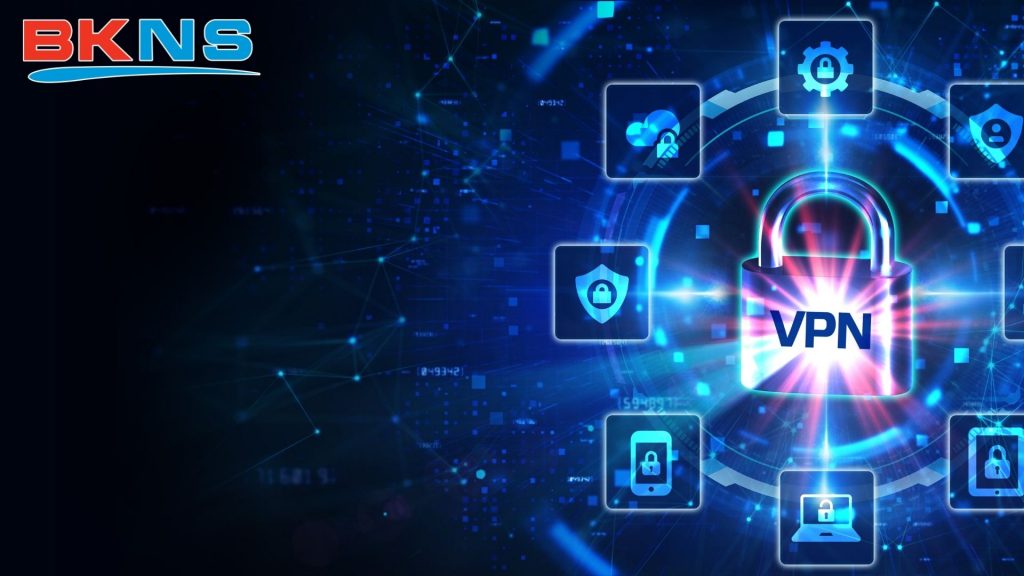VPN and VPS are two completely different concepts. Even so, many people confuse these two concepts. Perhaps because the names of these two concepts are quite similar, this leads to confusion. So what is the difference between VPN and VPS, let's find out with BKNS about this issue.

What is VPS?

VPS (Virtual Private Server) also known as virtual server is a web hosting. Meanwhile, Virtual Private Network, also known as virtual private network (VPN) is a service and technology that allows the process of using the web to be completely private and anonymous.
VPS hosting is a good choice for those with high demands. They need more than a shared hosting, but not enough to need a server.
Advantages of VPS Hosting
- Cut the cost – With VPS, we can access a physical server without incurring very high costs when renting a server. At BKNS, the cost for you to rent VPS hosting is only from 140,000/month. For a comprehensive, powerful service that meets most of your needs.
- Option to be configured server – In plain English, you only need to pay for your ability to use it. When using VPS, the user has full root privileges. Therefore, you can customize the VPS configuration to your liking. In addition, it is also easy to add the necessary features to run the website.
- Easy Expansion – With VPS hosting service, we can gradually expand the number of server resources easily and without taking too much time.
- The ability to control the server – Compared to Shared Hosting, VPS has higher access to the server. Add to that root access, as well as the ability to run certain server scripts.
What is VPN?

VPN, also known as a virtual private network (Virtual Private Network), is a technology that helps create a secure connection when using the public internet or a private network.
Corporations, educational institutions, and agencies use VPN technology. This allows remote users to securely connect to their work's private network.
Advantages of VPN
In addition to security when using the web, a VPN also offers many other useful features. Such as:
- Access geo-restricted content – A VPN that allows bypassing certain geographical restrictions. For example, you can easily watch a Netflix show that is not available in your country using a VPN.
- Data Protection – VPN will encrypt the data before sending over the network. Therefore, the data will always be safe and secure.
- Safe Online – If users regularly access unsecured public wi-fi networks, using a VPN will increase online security.
Besides, if comparing VPN and VPS in terms of cost, VPN is much more economical. The service price of a VPN is usually only about the same as a Shared Hosting package.
What is the relationship between VPS and VPN?
In short, VPS hosting is a service that allows hosting websites on a virtual server environment. A VPN is a user-oriented tool that allows safe and secure browsing.
Perhaps the only thing in common between the two VPNs and VPSs is the virtualization aspect of each. Both serve completely different needs, but both can be trusted. For example, if you need a large website and high traffic, rent VPS hosting to host your website. After that, you can use more VPN software when accessing the internet to manage the website. Thereby protecting all data when sent over the internet in the most effective way.
Conclude
Hopefully, after this VPN vs VPS comparison, you can distinguish and understand the pros and cons of each service. From there, choose the service that best suits your needs. Remember to follow other posts of BKNS
Maybe you are interested:





Post a Comment
Post a Comment